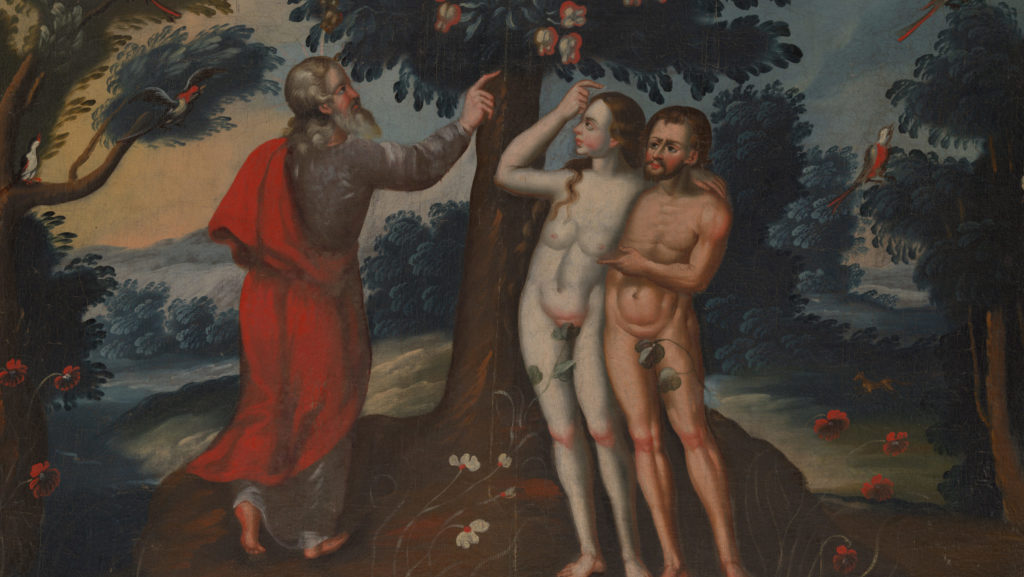By now it should be clear that when the Church issues a document addressing several topics, one of which is sex, our major secular media will ignore the rest and concentrate on sex. The latest example is the coverage of the new Vatican document on human dignity, as provided by the New York Times, Washington Post, and Associated Press.
The document, a “declaration” called Dignitas Infinita (“Infinite Dignity”), was published by the Dicastery for the Doctrine of the Faith with the approval of Pope Francis. It speaks of many things, including market economics, poverty, the death penalty, war and terrorism, migrants, violence against women, euthanasia and assisted suicide, abortion, the environment, and social media.
So what did the Times, the Post, and the AP talk about — along with highlighting dissident voices, of course? Sex change, LGBT interests, and surrogate parenting. Passages concerned with these matters, the Times warns darkly, are “likely to be embraced by conservatives for their hard line against liberal ideas on gender and surrogacy.”
The Times, you see, not only knows what’s in Dignitas Infinita (although, unfortunately, it can’t be bothered sharing that information with readers, except in a very cursory way) but deems it a matter of urgency to report that people whom it doesn’t like (“conservatives”) will embrace the results.
What none of these news organs troubles to report are the first eight substantive pages of the 25-page document (two preceding pages by Cardinal Victor Manuel Fernández, prefect of the doctrinal dicastery, recount its development, while the last seven pages are footnotes). And those ignored eight pages are the very heart of Dignitas Infinita.
Especially, that includes a passage that sets out and analyzes the four meanings or aspects of human dignity — ontological, moral, social, and existential. The ontological aspect is “most important” inasmuch as dignity in this sense “belongs to the person as such simply because he or she exists and is willed, created, and loved by God.” The other three aspects are grounded in this one.
The text then turns to the specifically theological bases of human dignity as these are found in Revelation and especially in the life and teaching of Jesus Christ as presented in the New Testament. Crucial here is the affirmation in the account of the creation of human beings as it is given in the first chapter of the Old Testament’s Book of Genesis: “Then God said: Let us make human beings in our image, after our likeness … male and female he created them.”
To be created in God’s image, the document says, “means to possess a sacred value that transcends every distinction of a sexual, social, political, cultural, and religious nature.” The Gospels show Jesus applying this in very concrete terms: “[H]e broke down cultural and cultic barriers, restoring dignity to those who were ‘rejected’ or were considered to be on the margins of society” — a category that included tax collectors for the Romans and lepers, among others.
Dignitas Infinita says this emphasis on respecting and loving outcasts and the disabled has “changed the face of the world” and inspired countless institutions and programs for persons in need. But it also warns against an “ever-growing risk” today — “reducing human dignity to the ability to determine one’s identity and future independently of others, without regard for one’s membership in the human family.”
Much in this document deserves pondering. Too bad you wouldn’t know that from the Times, the Post, and the AP. Yes, what the text says about sex deserves notice. So does a lot else.

